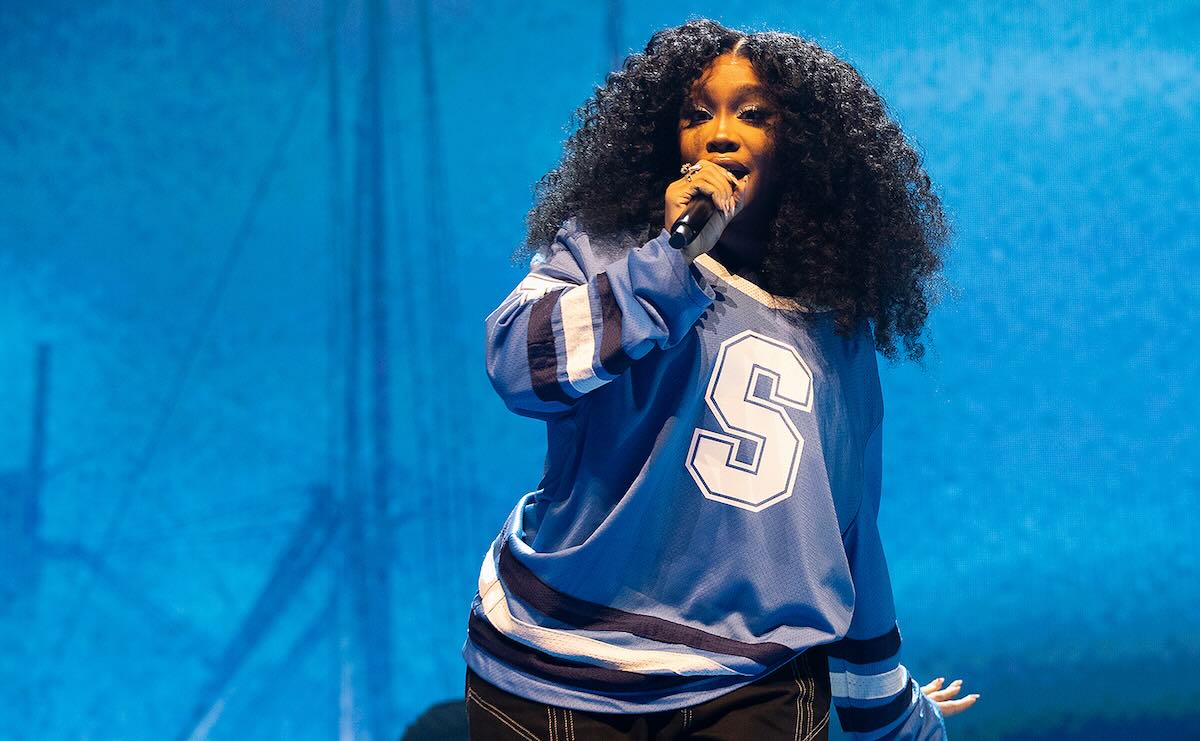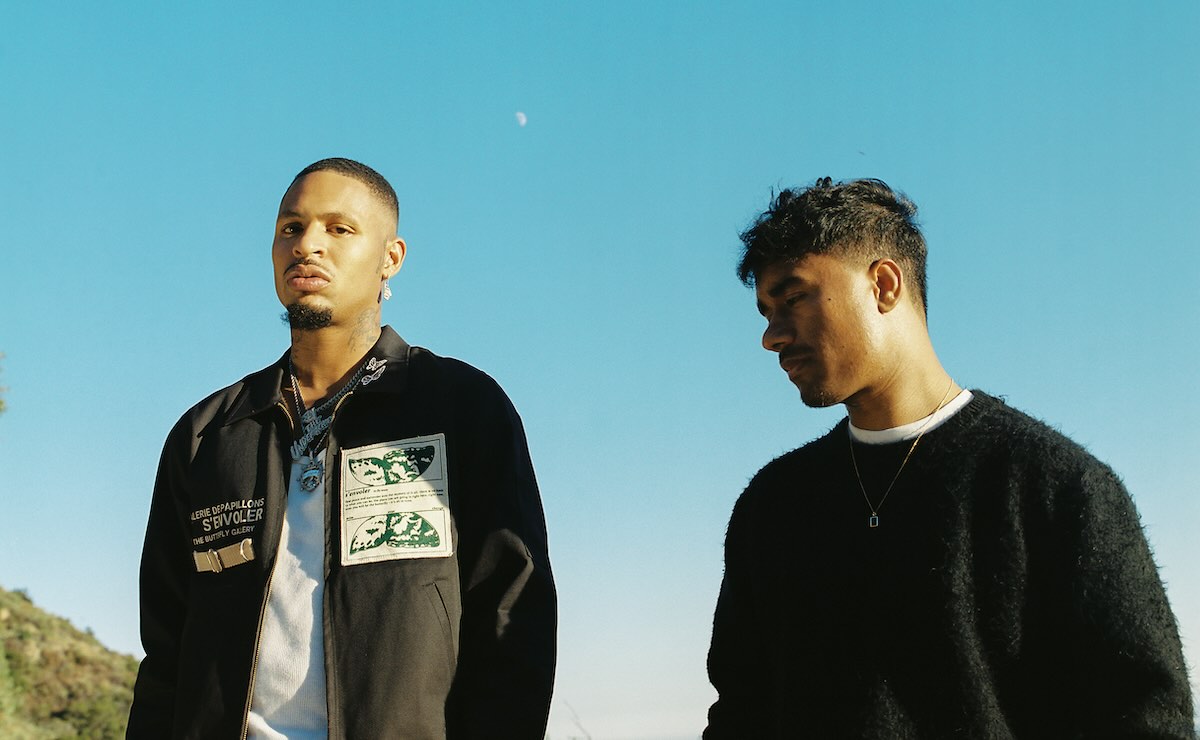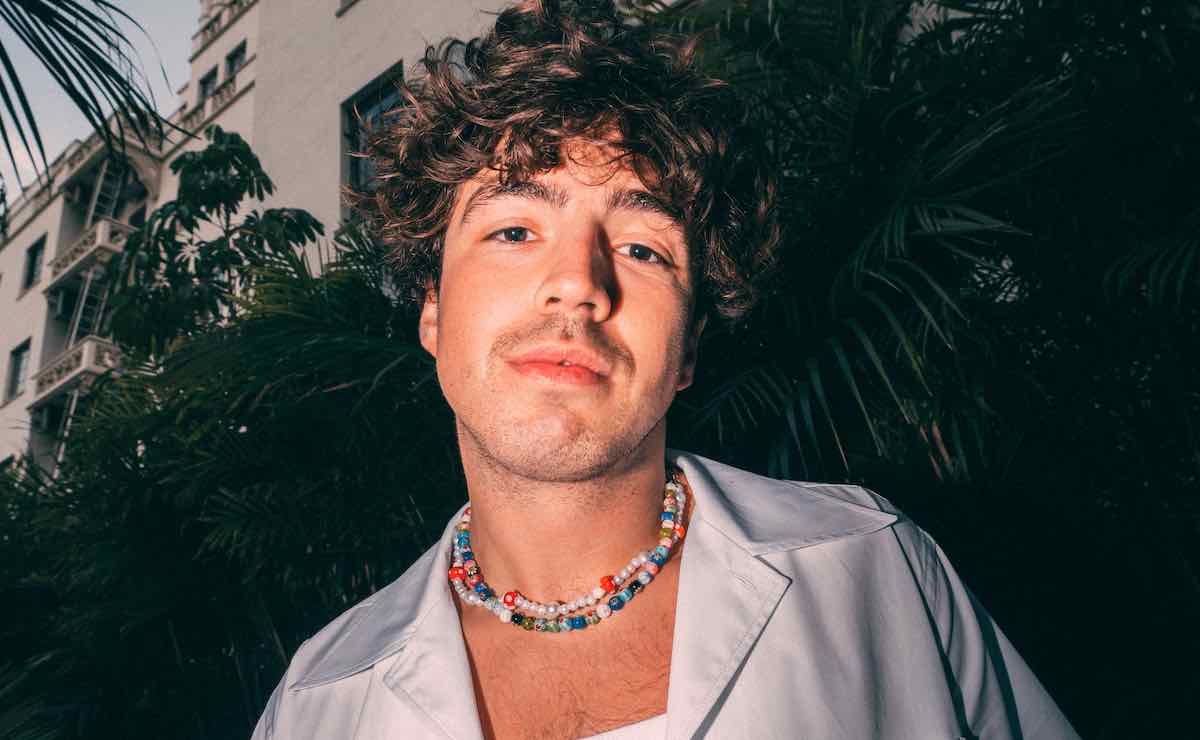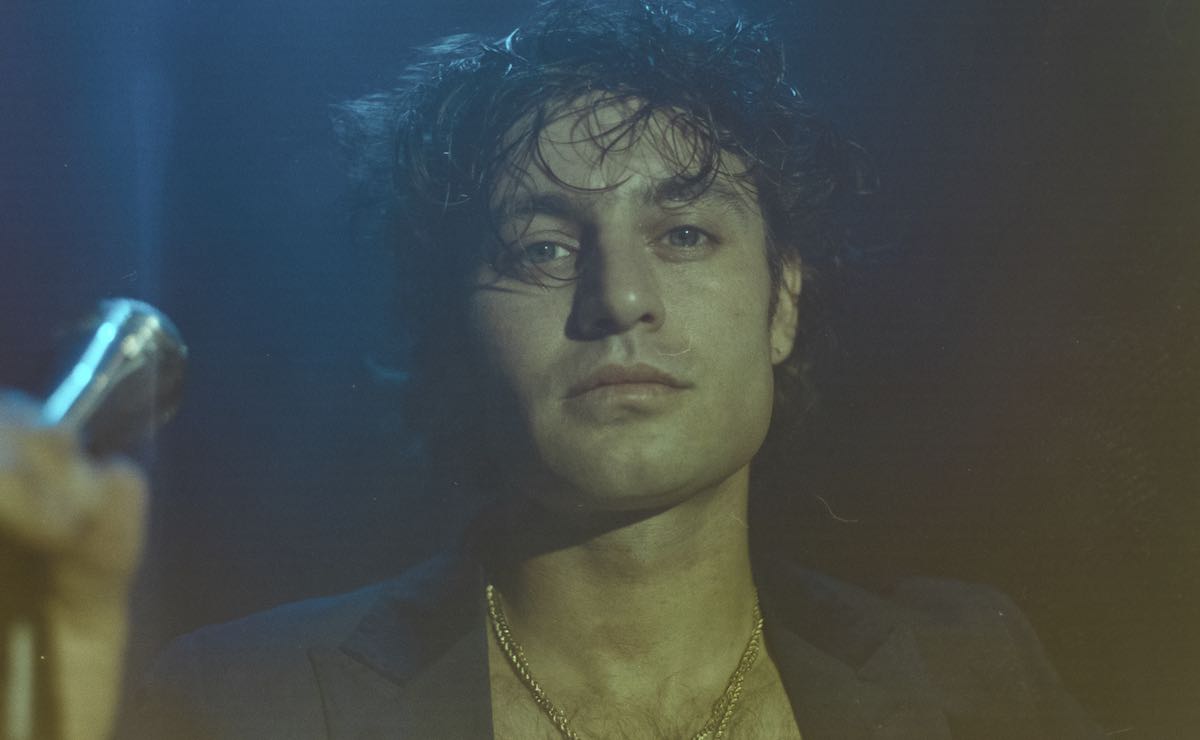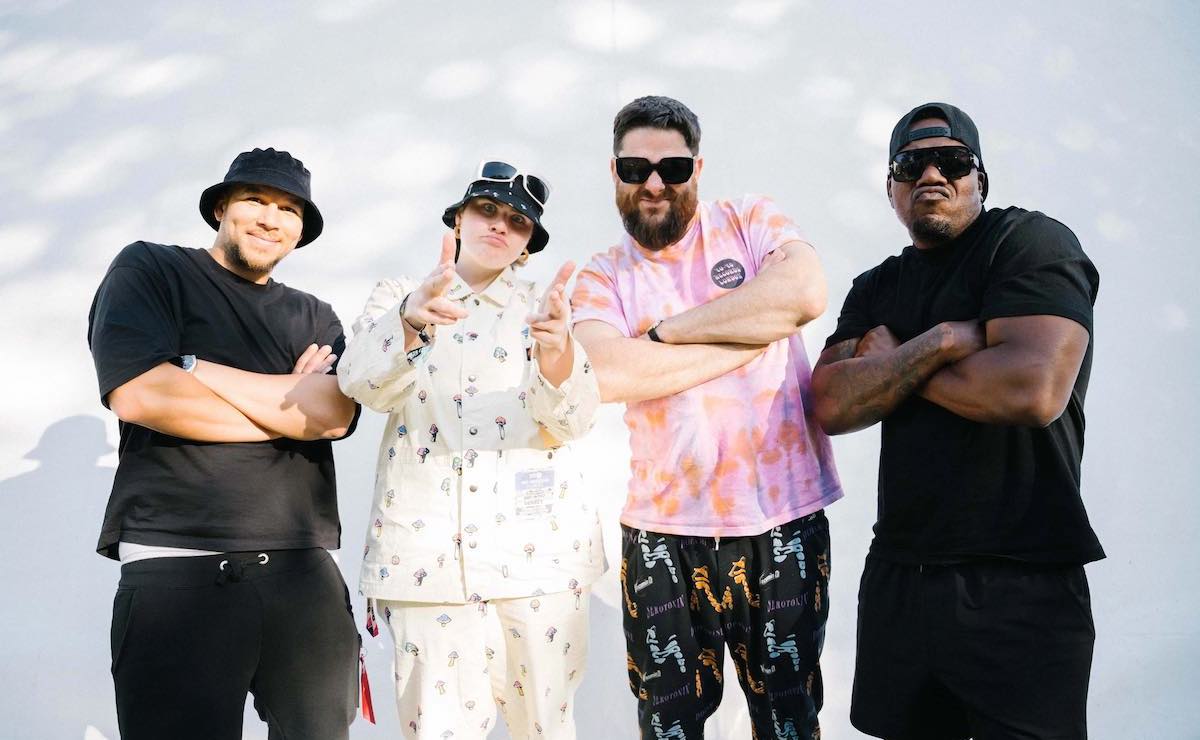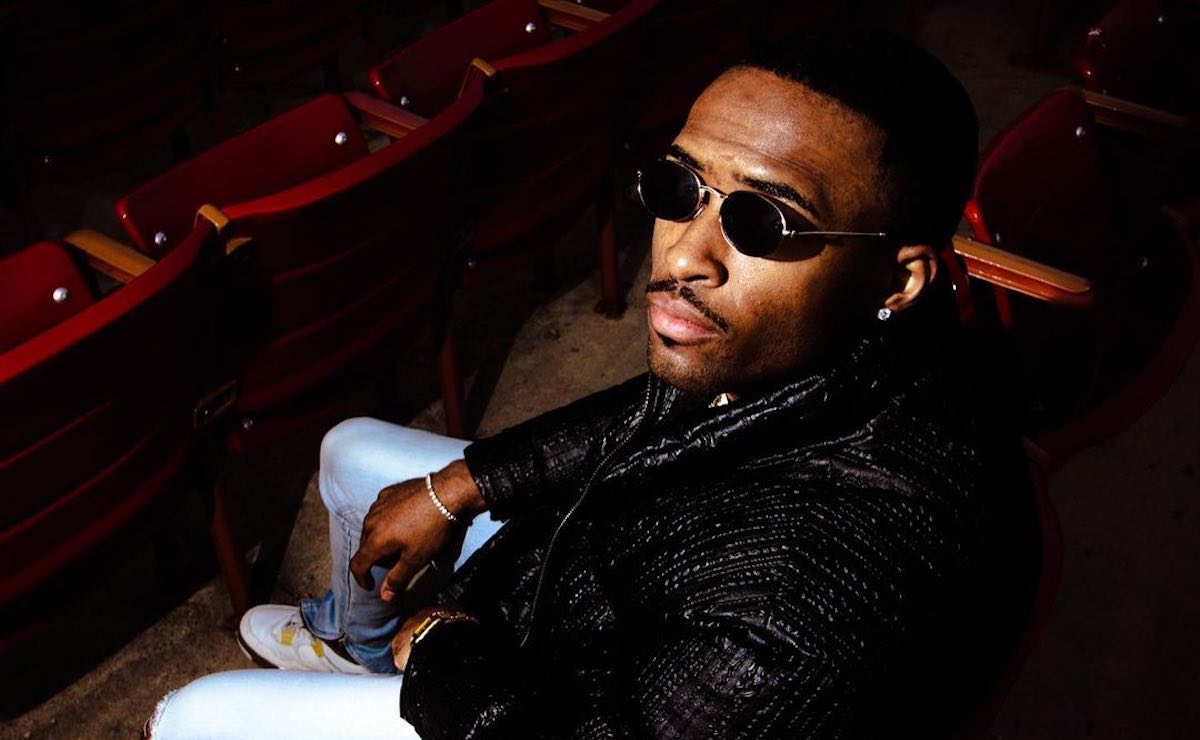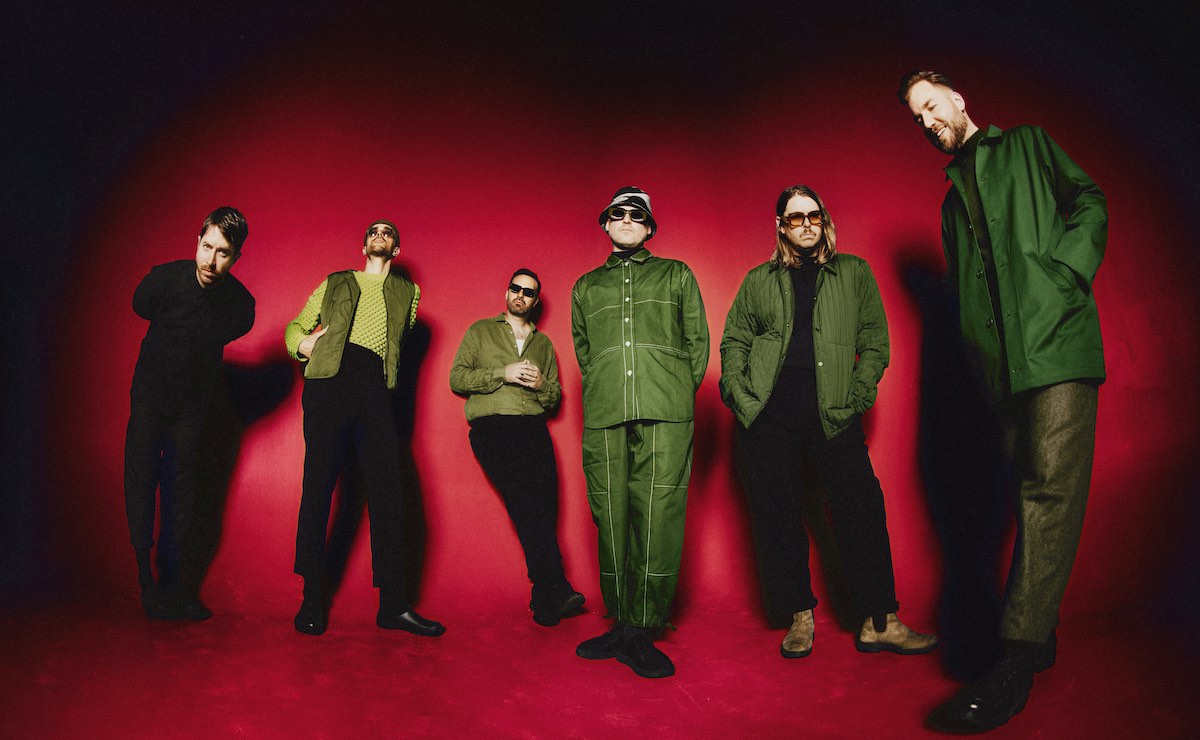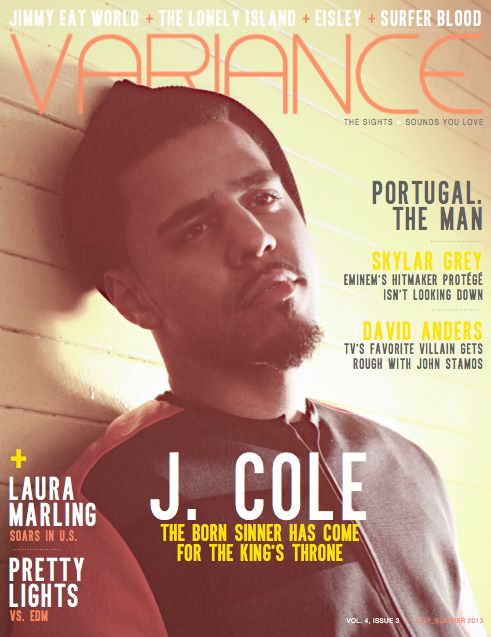 **Editor's Note: Portions of this piece appear in the new issue of Variance.**
**Editor's Note: Portions of this piece appear in the new issue of Variance.**
I was 11 years old when I got my first rap album, a cassette tape version of JAY Z’s Vol. 2... Hard Knock Life. My dad bought it at a local record store and made sure to grab the explicit version, too. My mom was to never find out about this, and she didn’t. It stayed hidden inside my backpack, only to be removed when I found time alone in my room—with over-the-ear headphones and the lights turned off so my parents would think I was sleeping. To this day, I can still remember every lyric to every song on the album.
I realized early in the JAY Z album that there’s a feeling a good rap song provides, a feeling that can’t adequately be explained. As a fan of rap, you spend much time waiting for that next artist to come along and remind you of why you love the genre so much in the first place. The entire hip-hop world is a complicated subculture, its own little community that tries to find balance between cliché club-bangers and artists still carrying the original idea of the genre in their music. Those who love rap at its core don’t compare real hip-hop to much of what is heard on today’s radio stations. There’s a difference. A different feeling. Long story short: If Biggie and Pac were still alive, they wouldn’t be collaborating with the majority of today’s popular artists.
So we’re clear: J. Cole isn’t supposed to be where he is right now. At least not at his current level of success. Rap’s underdog, he approached his latest effort with an attitude that can only be described as “nothing to lose.” When Kanye West announced he was releasing his album, Yeezus, a week prior to Cole’s long-planned release date, he simply moved his date up to match.
On his decision to release his album the same day as West, he told Billboard, “I worked too hard to come a week later after Kanye West drops an amazing album. It’d be like, ‘Oh, and J. Cole dropped too, a week later.’ Nah. I’m going to see him on that date.”
But to understand how Cole ended up battling for rap’s heavyweight belt, you must first understand where he came from. Before the fame, before a GRAMMY nomination and long before Born Sinner, Jermaine Lamarr Cole was a military child born in Germany, soon relocated to Fayetteville, N.C., and aware from an early age that rap was meant to be a large part of his life. While most 12-year-olds are busy with sixth grade, Cole began telling stories through his rhymes—citing Tupac Shakur as one of his greatest influencers.
With nothing but his rhyme book, he embarked on a journey that many begin but few ever finish. Notorious for never running out of lyrics, it wasn’t until his mother bought him an 808 machine that he additionally began producing his own beats. Rapping and producing under the name “Therapist,” he honed his skills and cultivated his love for the craft while obtaining his degree from St. John’s University in New York City. No slouch, he graduated magna cum laude while also balancing his music.
Turning points exist in every plotline, however, and make-or-break moments often determine whether the story continues or abruptly ends. Soon after graduation in 2007, he found himself outside of JAY Z’s Roc the Mic studio in Manhattan, hopeful he could provide beats for Jay’s upcoming album, American Gangster. He waited for three hours before getting his chance to speak, although the reception from Hov was far from what he hoped it would be.
Cole still remembers the moment JAY Z arrived. “The Phantom finally comes around the corner,” he recalled in a recent interview. “It's raining, by the way. We've been in the rain ... Someone gets out the car in front of him just to open his door. That was their job, to get out their car, come to his car and open his door. He hops out. I'm froze. I don’t really know what to say. I'm like, 'Yo, Jay, I got this for you.' He's like, 'What is that? What are you doing?' I'm like, ‘ American Gangster beat CD.' I can't really speak and he’s like, ‘Man, I don’t want that shit, man!’”
RELATED: JAY Z Calls J. Cole, Kendrick Lamar 'New Legends'
Upset but undeterred, he accepted this setback and continued forth with his dream. The bad taste in his mouth from the JAY Z experience would be short- lived, as his work ethic earned him further opportunities to impress the rap mogul. Founded in 2008 by JAY Z himself, Roc Nation is a full-service entertainment and management company that now boasts clientele like Rihanna, Shakira and others, but the very first client signed was J. Cole in 2009. The forward momentum he gained at that point in time changed his career forever, as 2010 served as his official entrance into the limelight.

Photo courtesy of BET
Cole was soon named to hip-hop magazine XXL’s 2010 Top 10 Freshman list, an honor he shared with the likes of Wiz Khalifa, Big Sean and others who are still very much in the game today. He then released the now cult-classic mixtape, Friday Night Lights, which featured fellow up-and-coming stars, Drake and Wale. He parlayed this success into a U.K. tour with Drake and set himself up perfectly for his first album, Cole World: The Sideline Story.
Released Sept. 27, 2011, Cole World was greatly anticipated among the rap community. Selling 218,000 copies in its first week, it was the No. 1 album on the Billboard 200 and was certified Gold by December of the same year. The album featured guest spots by JAY Z, Drake, Trey Songz and Missy Elliott, and his place in rap’s conversation was solidified with the success of the album. But as many musicians can attest, doing something once is great. Duplicating success is ultimately the name of the game.
When you fast forward to 2013, the landscape of rap has changed, yet it’s very much stayed the same. JAY Z remains the unconquered—though sometimes self- proclaimed—king. Eminem is still lurking with the occasional album and Kanye West has experienced massive success in the role of JAY Z’s right-hand man/rapidly expanding entrepreneur. Newcomers Kendrick Lamar and A$AP Rocky are experiencing a rise to prominence, while Drake has quickly turned himself into one of the most relevant artists on earth. Rick Ross’ Maybach Music Group sports a stable of talent, including the popular Wale, and there’s a gang of bandits on the outside in the form of Tyler, The Creator’s Odd Future. Lil Wayne is still Lil Wayne, Kid Cudi has his fans and there are countless more I can’t even mention. Long story short? The top is crowded these days.
Among such talent, the intention for J. Cole wasn’t unlike that of many artists with overwhelmingly successful debut albums: Avoid the sophomore slump. He had an outstanding 2012, a year that included a GRAMMY nomination for Best New Artist and a collection of other award nominations from the BET Music Awards, American Music Awards and more. But staying relevant has been the biggest puzzle musicians have faced for years, and Cole was no different. He released two free EPs in 2013 prior to Born Sinner’s debut, with Truly Yours dropping on Feb. 13 and Truly Yours II becoming available on April 30. With fans and critics alike giving the EPs positive reviews, the stage was set for the arrival of his second album.
When the long-awaited day, June 18, came for Cole’s Born Sinner and West’s Yeezus, Mac Miller rounded out the rap release trifecta with his sophomore album, Watching Movies with the Sound Off. The perceived reality of this event was that West would easily secure the No. 1 spot on the Billboard 200, with Cole finishing a distant second and Miller at No. 3. That belief held true for the most part, as all three releases sold more than 100,000 copies in the first week. The difference between Cole and West was far less dramatic than originally projected, however, with Cole selling 297,922 copies to West’s 328,800. It seemed West’s sales projections lowered each day of the week, as Cole’s slowly inched higher and higher. A power struggle at rap’s mountaintop became ever apparent.
Rap has continued to dominate the Billboard 200 in the weeks since June 18, as Wale upped the ante with his June 25 release of The Gifted. He would go on to secure the No. 1 spot in his first week, with Cole following at No. 2 and West sliding to No. 3. The following week, the first time rap has held down the top three positions on the Billboard 200 for three weeks in a row, Cole saw his project rise to top slot on the list, while simultaneously pushing his total records sold past West’s total sales. As of this writing, Cole has sold 439,000 copies of Born Sinner, which is 8,000 more units than Yeezus.
In all honesty, Cole is exactly what was needed to dethrone Kanye West from his recent streak of extremely successful debuts. As West continues to tamper with his sound, constantly trying new things in the name of “art,” he has also grown a more angry brand of music that has been a turnoff to some of his most loyal fans. An album with no true radio singles, Yeezus simply lacks the cohesion and likability of Born Sinner. It’s as if J. Cole brewed the perfect storm at just the right time.
And although J. Cole’s mentor, JAY Z, will soon take over the No. 1 spot with his Magna Carta Holy Grail album, even that comes as sort of a bitter pill to swallow. Always the trailblazer, Jay used a partnership with the Samsung Galaxy to provide a free copy of the album to the first one million downloaders of the “JAY Z Magna Carta” app. As awesome as it sounds, the entire thing has been chalked up to a data mining operation, and many feel as though he sold out his fans in the name of more publicity and sponsorship. Not to mention the sentiment that JAY Z’s latest set is perhaps one of his weakest offerings in recent memory.
All the while, J. Cole continues to win over more fans with what appears to be the most genuine approach to stardom that one could muster. While the genre’s typical heavyweights begin to slip up, his music comes across as a breath of fresh air to rap fans that have been waiting for an album that is good from top to bottom. More likely to rap about his shortcomings than rub his stardom in your face, his music is likable because it’s honest and delivered in a way that makes fans feel like he means what he’s saying. Even when you can’t exactly relate to his words, you feel like you can relate just because he’s explaining it so well. Even among massive success, he manages to retain the underdog feel. And everyone loves the underdog.
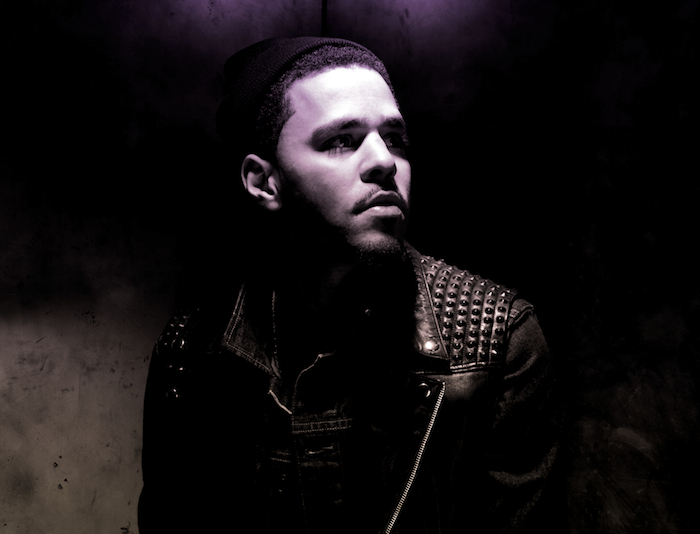
Photo courtesy of Roc Nation/Columbia
All of this brings me back to my original point, a realization that I came to while listening to that JAY Z album back in 1998. Before data mining schemes, Beyoncé and owning NBA teams, JAY Z captivated me because he was just so...cool. It’s like College Dropout-era Kanye, or Dr. Dre’s 2001—the type of stuff you can play 10 years later and still vibe to. That’s what good rap is supposed to be like.
J. Cole’s music takes me back to when I was a kid with a lyrically explicit cassette tape, hanging on every word while listening to the story unfold. I can play the tracks over and over, memorizing their every line because I feel like I’m hearing the thoughts of a genius that is OK with sharing. It’s the type of stuff you hope your friends haven’t heard yet, only so you can be the one to show it to them. There’s nothing better than giving someone their next favorite song, and that’s the type of emotional connection Cole hopes his fans find in his music. Luckily for him (and us), that is the exact type of connection he provides.
Because rap is rap and music is music, fans will soon focus on the next big album and the conversation will start all over again about who holds the crown. Drake’s upcoming project is on the horizon, as the rap community still absorbs June’s huge releases. In the alternate universe that is rap, however, one constant truth is that things may not always be exactly as they seem. The summer of Kanye? It didn’t happen. And as J. Cole continues to steal the momentum, a shift in power that seemed entirely improbable has already begun right before our eyes.






